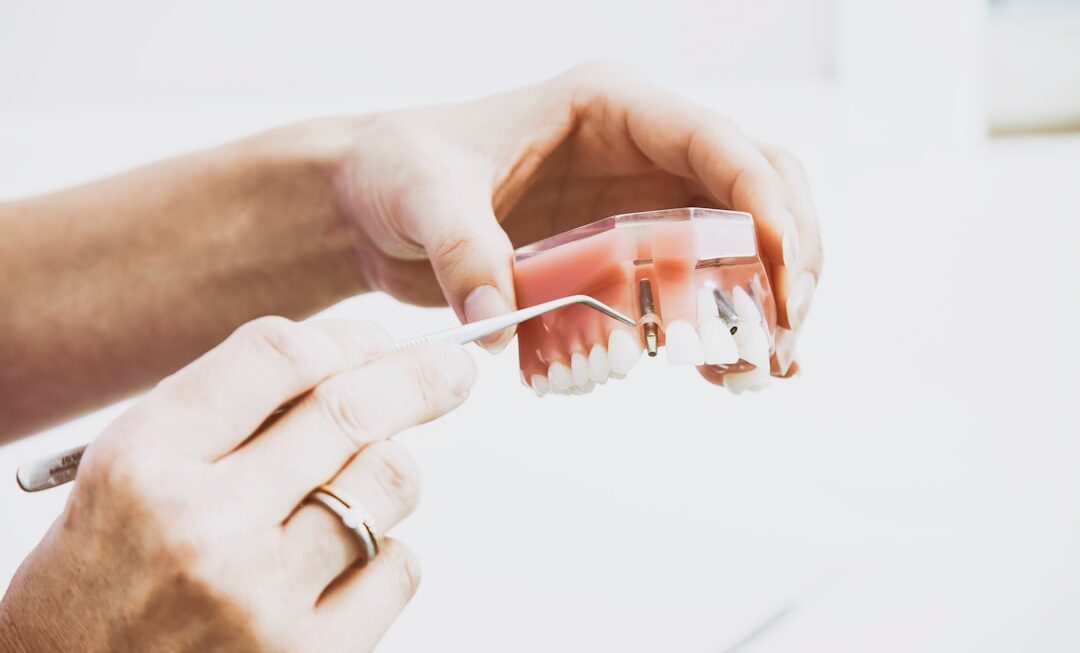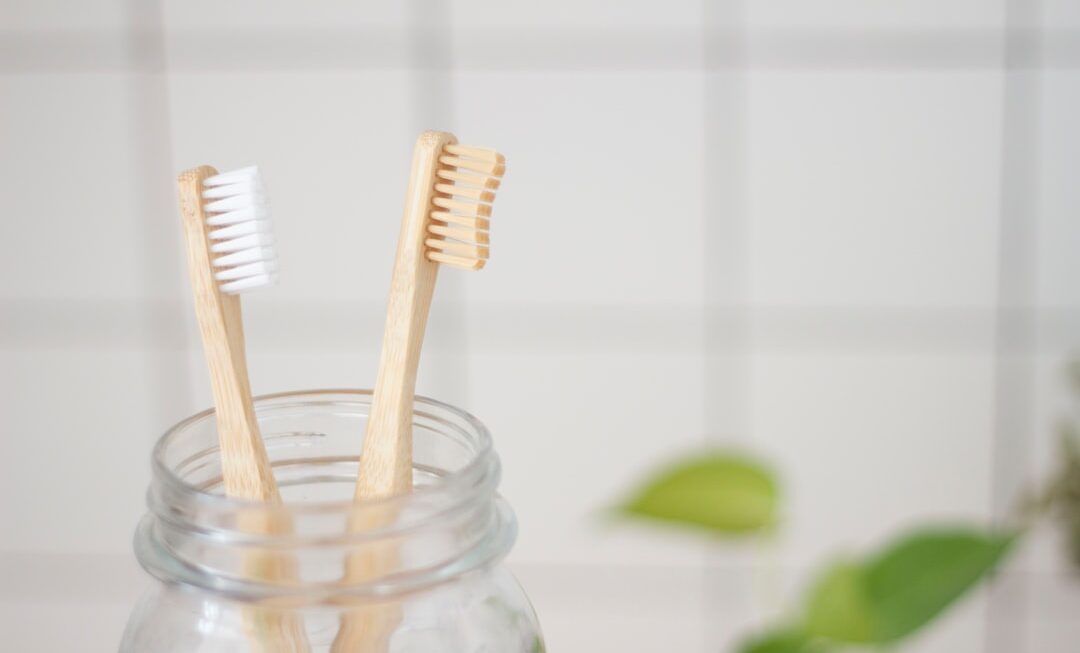Regular dental check-ups are crucial for maintaining good oral health. These appointments allow your dentist to assess the condition of your teeth and gums, identify any potential issues, and provide necessary treatments to prevent further complications. Additionally, regular check-ups can help detect early signs of oral diseases such as cavities, gum disease, and oral cancer, which can be treated more effectively when caught early. Furthermore, dental check-ups also include professional cleaning, which helps remove plaque and tartar buildup that cannot be effectively removed with regular brushing and flossing alone.
Moreover, regular dental check-ups can also contribute to your overall health. Research has shown that there is a connection between oral health and systemic health, with poor oral health being linked to various health issues such as heart disease, diabetes, and respiratory infections. By maintaining regular dental check-ups, you can reduce the risk of developing these health problems and ensure that your overall well-being is taken care of. In conclusion, regular dental check-ups are essential for preventing oral diseases, maintaining good oral health, and promoting overall well-being.
Key Takeaways
- Regular dental check-ups are important for early detection and prevention of dental issues
- Effective brushing and flossing can help prevent cavities and gum disease
- A balanced diet plays a crucial role in maintaining good dental health
- Choosing the right toothpaste and mouthwash can help address specific dental concerns
- Dental sealants can provide added protection against cavities and tooth decay
Tips for Effective Brushing and Flossing
Effective brushing and flossing are fundamental components of a good oral hygiene routine. When it comes to brushing, it is important to use a soft-bristled toothbrush and fluoride toothpaste to gently clean the teeth and gums. Brushing should be done at least twice a day for two minutes each time, using gentle circular motions to remove plaque and food particles. It is also important to replace your toothbrush every three to four months or sooner if the bristles are frayed.
In addition to brushing, flossing is equally important for maintaining good oral hygiene. Flossing helps remove plaque and food debris from between the teeth and along the gumline, where toothbrushes cannot reach. It is recommended to floss at least once a day, using a gentle back-and-forth motion to clean between each tooth. Proper flossing technique is crucial to prevent gum disease and cavities. By incorporating effective brushing and flossing into your daily routine, you can ensure that your teeth and gums remain healthy and free from oral diseases.
The Role of Diet in Dental Health
Diet plays a significant role in maintaining good dental health. Consuming a balanced diet that is rich in nutrients such as calcium, phosphorus, and vitamin C is essential for strong teeth and healthy gums. Foods high in calcium, such as dairy products, leafy greens, and almonds, help strengthen tooth enamel and prevent tooth decay. Similarly, foods rich in phosphorus, such as fish, eggs, and lean meat, contribute to the maintenance of healthy teeth and gums.
Furthermore, vitamin C is important for gum health as it helps prevent gum disease and promotes healing of the gums. Foods high in vitamin C include citrus fruits, strawberries, and bell peppers. On the other hand, it is important to limit the consumption of sugary and acidic foods and beverages, as they can contribute to tooth decay and erosion of tooth enamel. Additionally, drinking plenty of water is beneficial for dental health as it helps wash away food particles and bacteria, while also promoting saliva production which helps neutralize acids in the mouth. By maintaining a balanced diet and making healthy food choices, you can support good dental health and reduce the risk of oral diseases.
How to Choose the Right Toothpaste and Mouthwash
| Factors to Consider | Toothpaste | Mouthwash |
|---|---|---|
| Fluoride Content | Should contain fluoride to prevent cavities | May or may not contain fluoride |
| Whitening Properties | Some toothpaste offer whitening benefits | Some mouthwash offer whitening benefits |
| Antibacterial Properties | May contain antibacterial agents | May contain antibacterial agents |
| Sensitivity | Specialized toothpaste available for sensitive teeth | Specialized mouthwash available for sensitive teeth |
| Flavor | Various flavors available | Various flavors available |
Choosing the right toothpaste and mouthwash is essential for maintaining good oral hygiene. When selecting a toothpaste, it is important to look for one that contains fluoride, as fluoride helps strengthen tooth enamel and prevent tooth decay. Additionally, there are various types of toothpaste available on the market that cater to specific needs such as sensitive teeth, whitening, or tartar control. It is important to choose a toothpaste that addresses your individual needs and preferences.
Similarly, when choosing a mouthwash, it is important to look for one that is alcohol-free and contains fluoride to help strengthen teeth and prevent cavities. Mouthwashes with antibacterial properties can also help reduce plaque and gingivitis. It is important to use mouthwash as a complement to brushing and flossing, rather than a substitute. Consulting with your dentist can also help you determine the most suitable toothpaste and mouthwash for your specific oral health needs. By choosing the right toothpaste and mouthwash, you can enhance your oral hygiene routine and maintain good dental health.
The Benefits of Using Dental Sealants
Dental sealants are thin protective coatings applied to the chewing surfaces of the back teeth (molars and premolars) to prevent cavities. These sealants act as a barrier to protect the enamel from plaque and acids that can lead to tooth decay. Dental sealants are particularly beneficial for children and teenagers who may have difficulty effectively cleaning their back teeth due to their uneven surfaces and deep grooves.
Furthermore, dental sealants are a cost-effective way to prevent cavities and reduce the need for more extensive dental treatments in the future. They are easy to apply and can last for several years with proper care. Dental sealants are a valuable addition to a comprehensive oral hygiene routine and can significantly contribute to maintaining good dental health. By using dental sealants, you can protect your teeth from decay and ensure long-term oral health.
Preventing Dental Issues with Proper Oral Hygiene

Proper oral hygiene is essential for preventing dental issues such as cavities, gum disease, and bad breath. In addition to regular brushing and flossing, it is important to incorporate other oral hygiene practices into your routine. This includes using an antimicrobial mouthwash to reduce plaque and gingivitis, cleaning your tongue with a tongue scraper or toothbrush to remove bacteria and freshen breath, and using interdental brushes or water flossers to clean between teeth.
Moreover, it is important to avoid harmful habits such as smoking or using tobacco products, as they can contribute to gum disease, tooth discoloration, and oral cancer. Additionally, wearing a mouthguard during sports activities can help prevent dental injuries such as broken or knocked-out teeth. By practicing proper oral hygiene habits and avoiding harmful behaviors, you can significantly reduce the risk of developing dental issues and maintain a healthy smile.
The Connection Between Overall Health and Dental Health
There is a strong connection between overall health and dental health. Poor oral health has been linked to various systemic health issues such as heart disease, diabetes, respiratory infections, and pregnancy complications. Research has shown that bacteria from gum disease can enter the bloodstream and cause inflammation in other parts of the body, contributing to these health problems.
Conversely, maintaining good oral health can have positive effects on overall health. By preventing oral diseases such as cavities and gum disease, you can reduce the risk of developing systemic health issues associated with poor oral health. Additionally, regular dental check-ups can help detect early signs of systemic health problems such as diabetes or vitamin deficiencies through oral symptoms. Overall, taking care of your oral health not only contributes to a healthy smile but also supports your overall well-being.
In conclusion, maintaining good dental health is essential for overall well-being. By prioritizing regular dental check-ups, effective brushing and flossing techniques, a balanced diet, proper toothpaste and mouthwash selection, dental sealants, proper oral hygiene practices, and understanding the connection between overall health and dental health, you can ensure that your smile remains healthy and beautiful for years to come.
If you’re interested in learning more about holistic dental care, check out this article on Optimal Life Essence. It discusses the importance of taking a holistic approach to dental health and how it can benefit your overall well-being. Apple Valley Dental also values a holistic approach to dental care, so this article may provide valuable insights for those looking to improve their oral health in a natural and holistic way.
FAQs
What services does Apple Valley Dental offer?
Apple Valley Dental offers a wide range of dental services including routine cleanings, fillings, crowns, bridges, root canals, extractions, and cosmetic dentistry such as teeth whitening and veneers.
Do they accept dental insurance?
Yes, Apple Valley Dental accepts most dental insurance plans. It is recommended to contact the office directly to confirm if your specific insurance plan is accepted.
What are the office hours of Apple Valley Dental?
The office hours of Apple Valley Dental may vary, but typically they are open Monday through Friday from 8:00 am to 5:00 pm. It is best to call ahead and schedule an appointment.
Do they offer emergency dental services?
Yes, Apple Valley Dental offers emergency dental services for situations such as severe tooth pain, a knocked-out tooth, or a broken tooth. It is recommended to call the office as soon as possible in the event of a dental emergency.
Is Apple Valley Dental accepting new patients?
Yes, Apple Valley Dental is accepting new patients. They welcome individuals and families seeking quality dental care. It is recommended to call the office to schedule an initial appointment.



